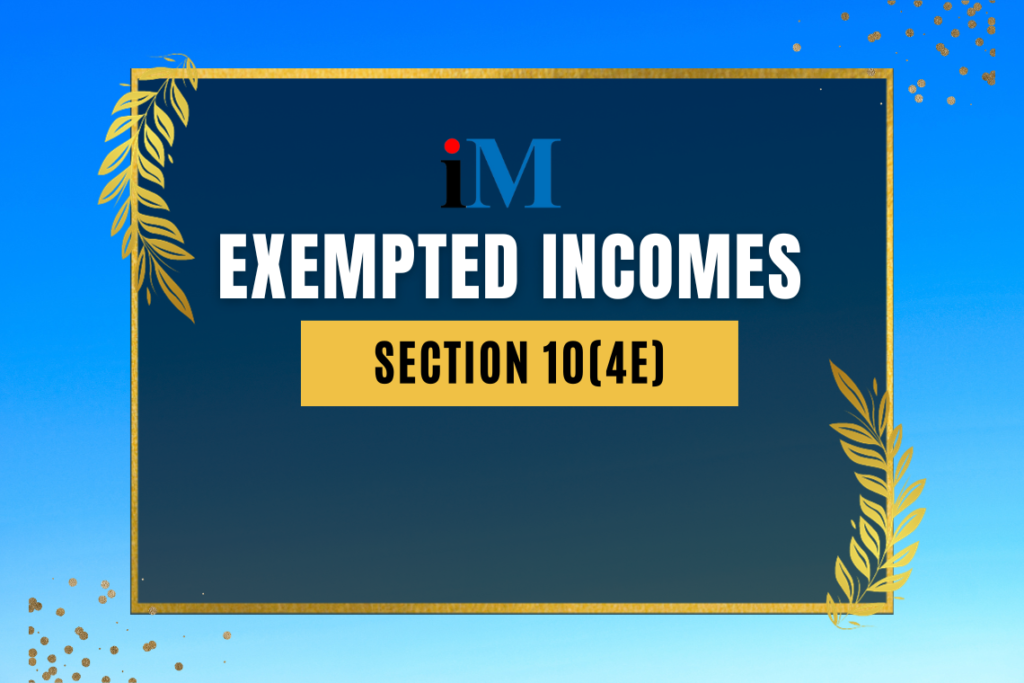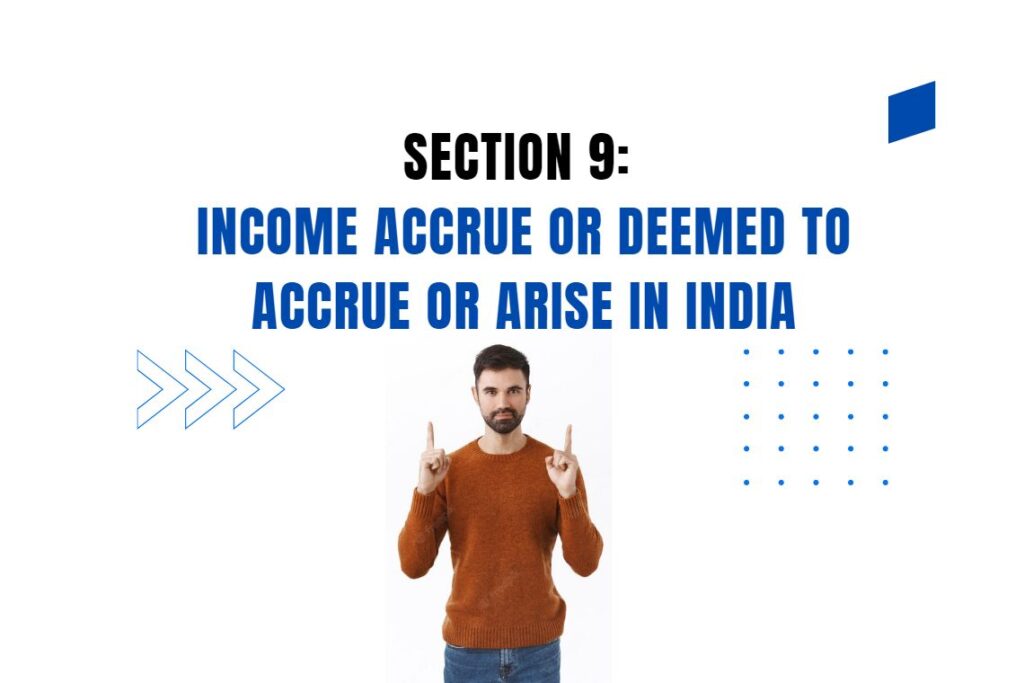Section 10(4E) of the Income Tax Act, 1961 provides an exemption from tax on income arising from the transfer of non-deliverable forward (NDF) contracts entered into by a person with an Offshore Banking Unit (OBU) located in an International Financial Services Centre (IFSC).
NDF contracts are financial contracts that are settled in cash, rather than in the underlying asset. They are often used to hedge against currency fluctuations or interest rate movements.
OBUs are banking units that are located in IFSCs and that are regulated by the Reserve Bank of India. IFSCs are financial centers that are designed to attract foreign investment and to promote the development of the Indian financial sector.
The exemption under Section 10(4E) is available to any person who enters into NDF contracts with an OBU located in an IFSC. The income arising from such contracts is deemed to accrue or arise outside India, and is therefore exempt from tax in India.
Conditions to get Exemption
The following conditions must be met for the exemption to be available:
- The NDF contract must be entered into by a person with an OBU located in an IFSC.
- The NDF contract must be settled in cash.
- The income arising from the NDF contract must not be attributable to any business or profession carried on by the person in India.
- The non-deliverable forward contracts must be entered into with an offshore banking unit of the IFSC. The IFSC is a dedicated financial hub that provides a favorable tax and regulatory environment for international financial services.
- The non-resident individual must be a party to the contract. The exemption does not apply to income derived indirectly through partnerships or other entities. The non-resident individual must be directly involved in the transfer of the non-deliverable forward contracts.
- The income must arise from the transfer of non-deliverable forward contracts. Other types of income, such as interest or dividends, may not qualify for the exemption. It is essential to accurately classify the income to determine if it falls within the scope of Section 10(4E).
If all of the above conditions are met, then the income arising from the NDF contract will be exempt from tax in India.
The exemption under Section 10(4E) is a significant benefit for businesses and individuals who enter into NDF contracts. It helps to reduce their tax burden and encourages them to use Indian IFSCs for their financial transactions.
Examples of Situations for getting Exemption under Section 10(4E)
Here are some examples of situations where the exemption under Section 10(4E) will be available:
- An NRI individual enters into an NDF contract with an OBU of an IFSC to speculate on the future exchange rate between the Indian rupee and the US dollar. The NRI individual earns a capital gain from the transfer of the NDF contract. The capital gain earned by the NRI individual will be exempt from income tax in India.
- An NRI individual enters into an NDF contract with an OBU of an IFSC to hedge against the risk of currency fluctuations. The NRI individual earns an interest income from the NDF contract. The interest income earned by the NRI individual will be exempt from income tax in India.
- An NRI individual enters into an NDF contract with an OBU of an IFSC to invest in the Indian stock market. The NRI individual earns a dividend income from the NDF contract. The dividend income earned by the NRI individual will be exempt from income tax in India.



![Residential Status [Sections 5 to 9B]](https://incometaxmanagement.in/wp-content/uploads/2023/09/Residential-Status-Sections-5-to-9B-1024x683.jpg)

![EXEMPTED INCOMES [Section – 10, 10AA, 11 to 13A]](https://incometaxmanagement.in/wp-content/uploads/2023/09/Exempted-Incomes-Section-10-1024x683.jpg)

![Income of an Electoral Trust shall be Exempt [Section 13B]](https://incometaxmanagement.in/wp-content/uploads/2023/10/61-Exempted-Incomes-Section-13B-1024x683.png)
![Incomes of Political Parties [Section-13A]](https://incometaxmanagement.in/wp-content/uploads/2023/10/60-Exempted-Incomes-Section-13A-1024x683.png)
![Special Provisions in respect of Newly-established Units in Special Economic Zones (SEZ) [Section-10AA]](https://incometaxmanagement.in/wp-content/uploads/2023/10/59-Exempted-Incomes-Section-10AA-1024x683.png)
![Exemption in respect of income chargeable to Equalization Levy [Section 10(50)]](https://incometaxmanagement.in/wp-content/uploads/2023/10/58-Exempted-Incomes-Section-1050-1024x683.png)
![Income of a Developmental Financing Institution (DFI) to be Exempt [Section 10(48E)]](https://incometaxmanagement.in/wp-content/uploads/2023/10/57-Exempted-Incomes-Section-1048E-1024x683.png)
